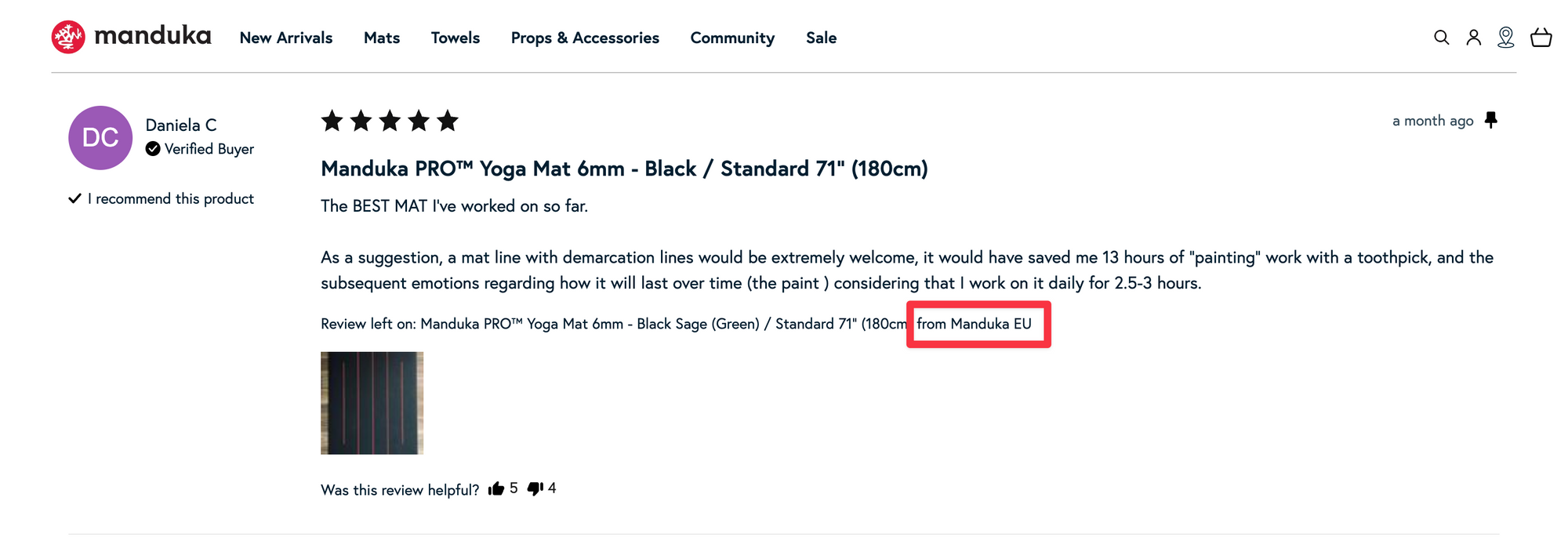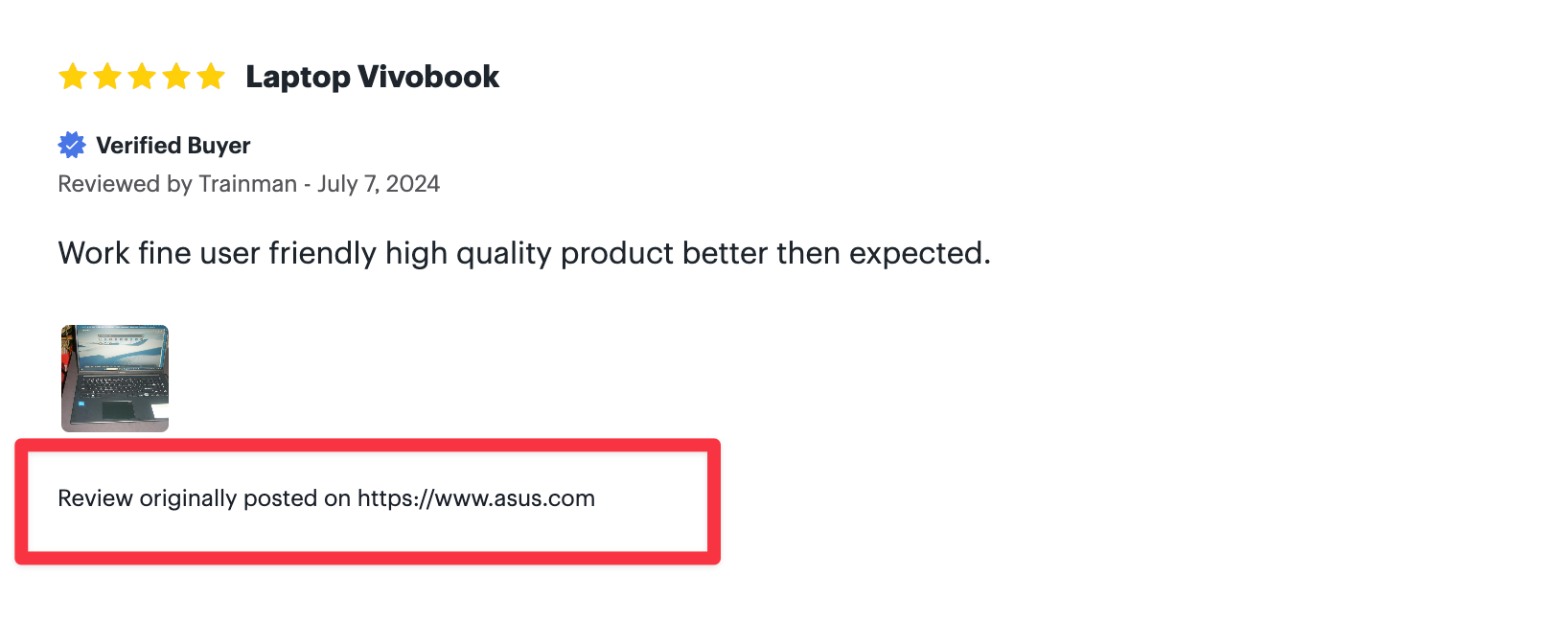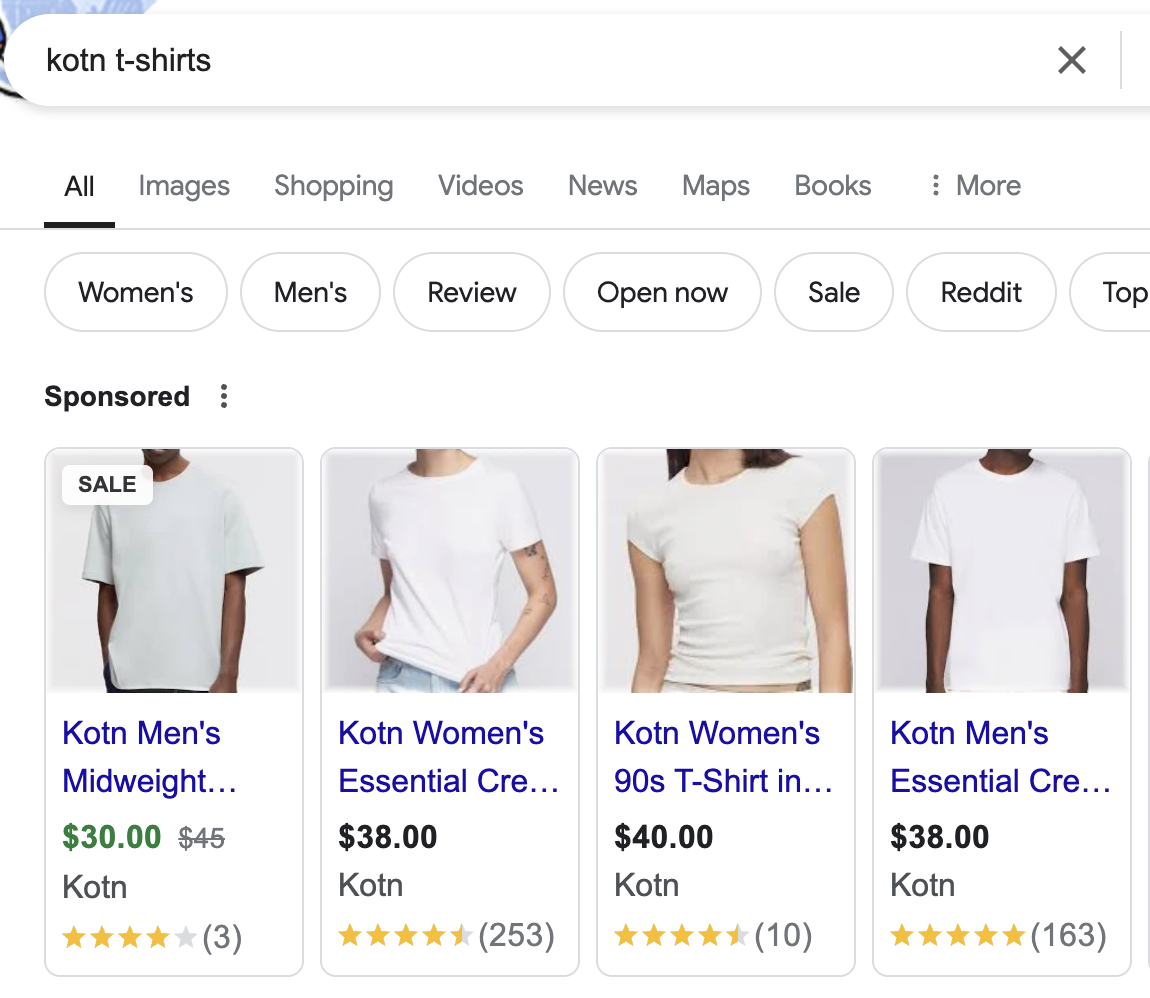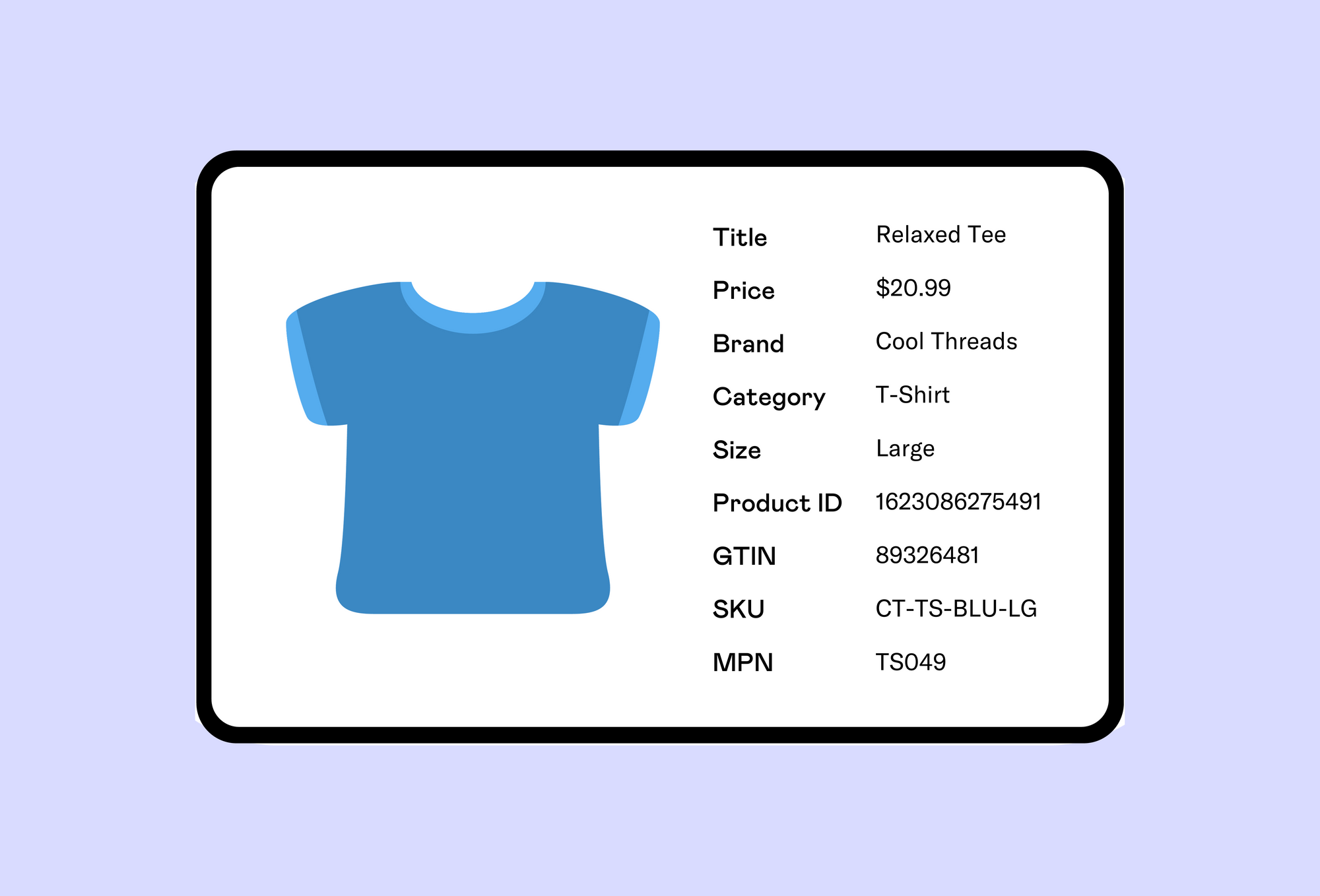 All blog posts
All blog posts
What is Review Syndication & How Does it Work?
Review Syndication is used to describe a bunch of different things – but typically it's used to talk about reviews for a product displaying somewhere other than the store they were originally submitted to.
This could be a brand with multiple storefronts sharing reviews between those stores, a brand sharing reviews with an external retailer they've partnered with, or a sharing reviews with a third party advertising channel where a brand is displaying their products.
Great reviews consistently increase conversion rates & reduce return rates when displayed alongside products, so it makes sense to try to display them in as many places as possible.
Multi-store Syndication: sharing reviews between your own storefronts
Sometimes called "regional syndication", this is a critical tool brands can use when expanding internationally. Your brand might be selling in the UK for the first time... but your products aren't starting from scratch! Manduka uses mult-store syndication to share reviews between three storefronts (Canada, US, EU) ensuring the smaller markets always have great content:

When it's helpful: for brands expanding internationally with multiple storefronts that have a well maintained product catalog (ie product identifiers) and reviews that will be relevant across regions.
When it's a waste of time: if you don't have a consistent, well maintained product catalog structure across storefronts it will be very hard for any platform to reliably share reviews – it is probably worth circling back down the line.
Retail syndication: sharing reviews between brands & retailers
Retail syndication can sometimes be a cheat code in scaling with certain retail partners, and other times can be a bottomless pit of wasted time, money & resources. It is a helpful way to get reviews from products on your own store into product listings on retail stores (and in some cases, share reviews back from retail stores to your own site), but depending on the retailer it can be an exhausting process to set up & have limited results. Retail syndication often requires you to use multiple review platforms & pay high fees to share reviews into retail partners.

When it's helpful: for brands that do the majority of their business in retail, with strong reviews on their products & retailer partners that are requesting they share reviews with them it can be an important way to boost your listings. You'll also need a strong product catalog to match products.
When it's a waste of time: for brands that are just starting out in retail, where retail is less than 25% of your overall revenue, the costs to syndicate might not be worth the benefits. If you're prioritizing your DTC experience, you may want to retain those reviews for your own customers.
Advertising Syndication: sharing reviews to Google Shopping, Meta Shops & more
If you're spending money to advertise on Google Shopping (Product Listing Ads etc), Instagram Shops or Facebook Shops, sharing reviews to these channels can have a double digit impact on your conversion rate. Conversely not having reviews on Product Listings makes it hard to standout next to competitors who do.
Reviews are particularly important in search based ads where your products will be displayed next to competitive products (ie Google Shopping) and slightly less important when your products will be displayed by themselves.

When it's helpful: if you're spending meaningful money in a given channel and have products displayed next to competitors, it's important to display reviews alongside your products.
When it's a waste of time: if you don't have strong product identifiers, consistent product catalog structure & aren't spending a lot of money in a given channel, it might not make sense to focus on syndication.
Maintaining Your Product Catalog
Every form of syndication (multi-store, retail & advertising) requires matching products from your store with products in the destination you're trying to share reviews with. In order to do this, you need to maintain a high quality product catalog with strong identifiers (UPCs, barcodes) that persist everywhere products go.

Install Junip to get started with Syndication today, or for those already using Junip head to your Admin.





